Morocco is at the juncture with the celebration of Human Rights Day
Each year, the 10th of December is a day of global significance: Human Rights Day, all over the world, in celebration of the signing of the Universal Declaration of Human Rights
An unifying legacy was built in 76 years ago
A quarter of a century earlier, people from a variety of geographic, legal and cultural backgrounds came together to create the basis of an important document. The historic document set out as the fundamental idea the right to recognize the worth and dignity of every individual. It also guaranteed all-encompassing, unalterable and irrevocable rights without discrimination.
The Universal Declaration of Human Rights was a significant milestone in the history of humanity. It set the basis for the values that humanity shares. The Declaration not only stated the inherent rights of everyone without regard to borders however, it also influenced by the addition of rights of cultural and social nature.
In addition, the active participation of women, as well as the voice that representatives from nations of the South has given this document an incredibly global dimension both in spirit and application. The day, more than just a symbol of celebration provides an opportunity for states, organisations and individuals to evaluate how far they have come and what obstacles that remain to be overcome in the context of human rights fundamentals.
In Morocco the event takes place part of a wider movement that follows that “16 days of activism against gender-based
A changing national context
In Morocco, Human Rights Day gives the opportunity to recognize the effort made to advance fundamental freedoms as well as to improve the legal system. Since the beginning of this year the kingdom has multiplied initiatives in order to build its human rights policies with a focus on areas like the rights of children, gender equality as well as the right to access justice.
A special emphasis is placed on the role of women and young people in the social, political and economic sectors, a reflection of the international obligations of Morocco. This celebration, however, can also be a chance for the civil society as well as institutional bodies to point out the gaps in society and demand concrete action.
Human Rights Day 2024 takes place within a larger context with major issues: increasing inequality, pressure to migrate along with climate change as well as geopolitical tensions. Morocco as a significant participant in the African and Mediterranean scene, has taken the opportunity to affirm its position as a nation that defends the rights of people in these complicated situations.
The Kingdom points out notable developments in the area of recognition of rights to economic and social justice within its policies for public administration as well as responding to concerns and demands of its international partners, specifically regarding issues related to territorial equity and justice for all.
Similar to that, the Kingdom is set to take an important decision, namely voting for the universal moratorium on execution of death sentences, in a way affirming its unwavering dedication to the rights of human beings.
“For more than two years, Morocco has systematically adopted an abstention position during UN resolutions that concern execution of capital punishment. Today, I am privileged to have the privilege of announcing that, in line with our renewed determination to protect human rights, Morocco is Morocco will soon adopt a bold step by support for the end of capital punishment.” said by the minister of Justice, Abdellatif Ouahbi.
The role of civil society
In the midst of these festivities, Moroccan civil society is playing an important function. Groups, NGOs and activists benefit from this holiday to promote their causes hold conferences, organise meetings and take activities to raise awareness. These topics often involve sensitive topics like women’s rights, fighting discrimination, or freedom of the individual. It helps ensure a constant dialogue between institutions and citizens and institutions, highlighting that human rights do not solely a concern of the state and are a shared responsibility.
The event follows on from “16 days of activism”, Human Rights Day offers Morocco an opportunity to not only review the situation, and to think about new ways of looking at things. Even though progress is evident but expectations are still very high. The aim? It is to ensure that this day is not only a day of celebration as much as a catalyst to take concrete steps in the direction an equitable and open society.
In Morocco the course that it has taken since the days of lead is outstanding. The Kingdom is able reinvent itself, go forward, albeit with caution and vigilance in order to establish its self as a model of change in the area. Sure, there remain some issues and obstacles, but the path promises to be positive. Gradually but surely, each move is a step towards more equitable and inclusive future. In order to make progress the way you want to go, all you need to think about is believing in this optimistic dynamic!
